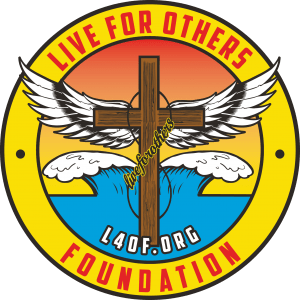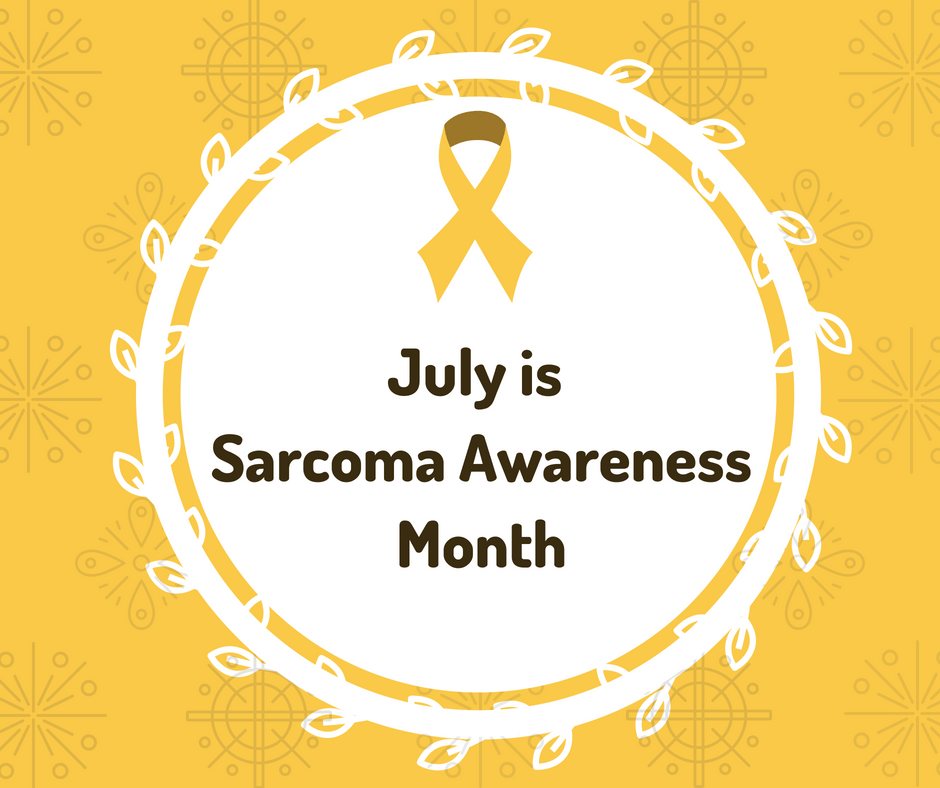Researchers at Treehouse Childhood Cancer Initiative investigate a full range of pediatric cancers. Sarcomas — and particularly, rare sarcomas — are a focus of our work. Because July is Sarcoma Awareness Month, we’d like to focus this month’s post on this type of cancer.
Sarcomas are a type of cancer that specifically targets either the soft tissues (fat, muscle, nerves, fibrous tissues, blood vessels, and deep skin tissues) or bone tissue. Pediatric sarcomas show up in children of all ages. They often appear first in the extremities — for example, as a lump or swelling in a leg.
Considered to be one of the rarest forms of malignant sarcoma, synovial sarcoma occurs in the extremities of the arms and legs, in close proximity to the joint capsules and tendon sheaths. With almost half of
Treehouse is dedicated to helping defeat rare and deadly pediatric sarcomas. We analyze large datasets to draw comparisons between genomic data from a child’s tumor and genomic data from similar tumors that clinicians may have treated successfully.
Earlier this month, Treehouse was
Pieter and Petra’s visit to Treehouse included a tour of the Haussler Lab, where Olena (Morozova) Vaske and David Haussler showed them research underway that uses organoids to study the genomics associated with brain size in humans.
In a timely gift, Live For Others Foundation also presented Treehouse with a check for $50,000. This money will extend the California Institute for Precision Medicine (
We’d like to thank the Live For Others Foundation for their significant support, and express our hope that genomic data analysis will help patients like Tim get effective treatment in the very near future.



This is awesome! It is really important to support others and make synovial sarcoma more known. Thank you for inspiring others to do the same. We at Ben’s Friends also offer support. Our main goal is to guide members on understanding their diagnosis, symptoms, and treatment options. We hope you visit us at Ben’s Friends Synovial Sarcoma Survivors Network: https://www.synovialsarcomasurvivors.org/. Thanks!